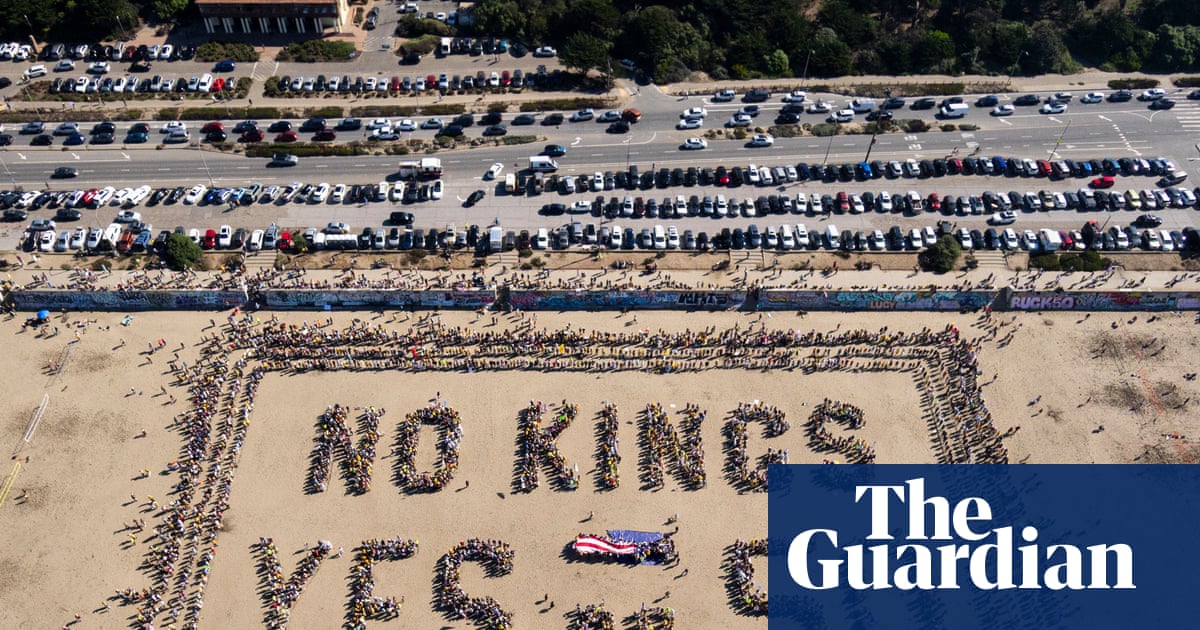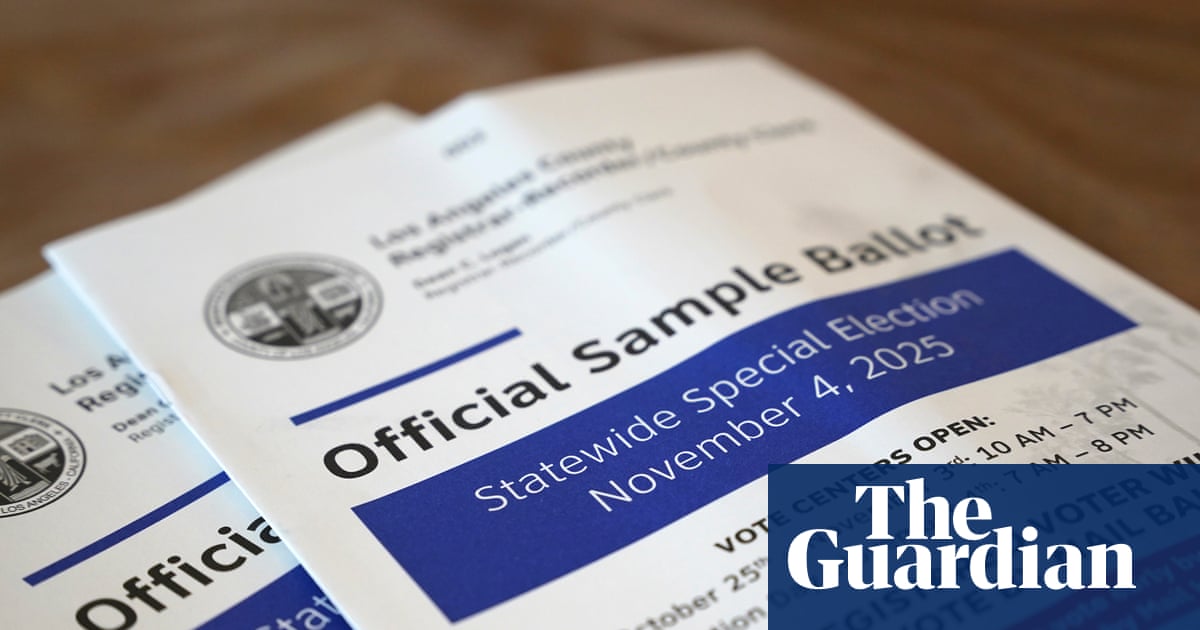QUANTICO, Va. (AP) — The Army, Navy and Air Force, with encouragement from the Trump administration, all announced this summer that they had met their recruiting goals months ahead of schedule.
That is a major shift from the past several years when the military has failed to meet its recruiting goals because of complications from the COVID-19 pandemic, tight job markets and a growing generation of young Americans struggling to meet fitness and academic standards. Defense Secretary Pete Hegseth claimed the turnaround as an early victory, arguing that recruits had been put off by what he called a weakened military under Democratic President Joe Biden.
However, the uptick began well before President Donald Trump won office again in November, and a major driver has been programs the services started years ago to boost numbers.
While the Marine Corps didn't wade into the fray earlier, it is now claiming success. And the general in charge of the effort says the politics of the moment have had no impact on Marine recruiting.
“The Marines are probably the most inelastic of the services,” Lt. Gen. William Bowers told The Associated Press this month. “We appeal to a certain type of young man or woman — that really doesn’t change with the economic winds."
"They want to be part of that mystique,” he added.
Marines say they just beat their recruiting goal
Data provided by the Corps shows that it has recruited 30,536 active duty and reserve enlisted Marines — just one person over its annual goal. It also recruited 1,792 active duty and reserve officers, beating its goal by two people.
Officials say the figures are not the result of a struggle to meet the numbers but a reflection of how careful the Corps has to be in not overrecruiting.
Bowers said that when he took the job as deputy commandant for manpower and reserve affairs, he moved the date for 500 recruits to head to boot camp until after September to avoid the Marines growing past their congressionally authorized size.
Formal recruiting figures for all the military services are typically announced after the fiscal year ends on Sept. 30.
The Marines also beat enlisted recruiting goals by a single person last year. The service made its enlisted recruiting goal by 351 Marines in 2023, when the Army, Navy and Air Force all missed their targets by thousands of recruits. The Army alone came up about 10,000 short.
However, the Corps in 2022 also had to dip into its pools of delayed-entry applicants — the same pool Bowers is now bolstering — to make its goals.
The military's struggle to make numbers
The Marines have not altered their entry requirements and are “unapologetic” about their standards.
“Everywhere I’ve been in the country, the American people know the Marine Corps has very high standards and that we stick to them,” Bowers said. He added, “If you try to appeal to everybody, you won’t get the people you maybe really want.”
But there is also an inherent contrast with the other military services.
Both the Army and Navy stood up programs at their boot camps that offer remedial academic or physical training to recruits who don’t meet standards at the time they ship out.
The Navy also has started a program that allows up to 20% of its recruits to score below 30 out of 99 on the military’s academic test as long as they met specific standards for their chosen job. It also raised the maximum enlistment age by two years, to 41.
Army and Navy officials said none of those programs is a lowering of standards.
The Corps doesn’t offer the lavish cash bonuses that some services do to attract recruits. The U.S. military overall spent more than $2 billion over the past three years to recruit service members, with the Corps accounting for just over 2.5%, or about $51 million, of that.
Gen. Eric Smith, the Marine commandant, famously told a conference in 2023 that “your bonus is you get to call yourself a Marine.”
Part of what enables Marines to maintain this bravado is that they are by far the smallest service, with roughly 170,000 people. That means the recruiting goals are also smaller.
In contrast, the Army is made up of more than 450,000 troops with a recruiting goal for 2025 of 61,000 recruits. The Navy is made up of more than 440,000 sailors, and its goal for 2025 was 40,000.
The Marines also have had a decades-long emphasis on recruiting, Bowers says. “Culturally, we are different because we were set on a different path years ago.”
That history makes the success of the Corps difficult to emulate or easily replicate. Bowers said Marine officials had conversations with the Army and played a role in the service working to set up a cadre of career recruiters, but he also concedes that “we got about a 45-year head start.”
Political spotlight
The Marine Corps has played an oversized role in Trump's administrations.
During his first term, Trump picked two retired Marines for key positions: Gen. James Mattis as defense secretary and Gen. John Kelly as head of the Department of Homeland Security and later chief of staff. Both later left the administration and have been critical of Trump.
Since taking office this year, the Trump administration has turned to Marines again. It sent active duty Marines to Los Angeles to protect federal property and personnel during protests against immigration raids.
It further thrust the Marine Corps into the political spotlight, and the deployment was challenged in court.
Now, Marines are part of a U.S. military buildup in the Caribbean that is stoking fears of invasion in Venezuela and adding to speculation that Trump could try to topple its president, Nicolás Maduro.
Asked about the political attention, Bowers wasn't concerned, arguing it is an opportunity for the Corps to show that it is able to succeed in a crisis and act as a positive force.
“Whenever Marines are committed to a crisis, we turn in a performance that’s successful," he said. “We’re downright good for the youth of America.”
Bowers also wasn't bothered by the prospect that what Americans think of Marines might be changing.
“I have not seen that,” he said. “What I have seen is that the American people know that our commandant has insisted on very high standards to become a Marine and that the Marine Corps will absolutely never compromise those standards.”

 German (DE)
German (DE)  English (US)
English (US)  Spanish (ES)
Spanish (ES)  French (FR)
French (FR)  Hindi (IN)
Hindi (IN)  Italian (IT)
Italian (IT)  Russian (RU)
Russian (RU) 























Comments